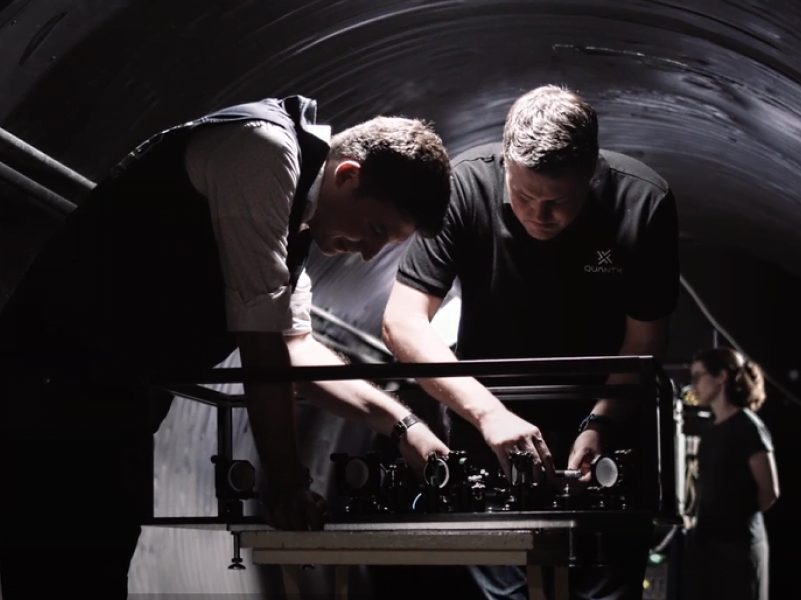Adelaide-based firm QuantX Labs has landed a $750,000 contract with the Department of Defence to improve the security of its quantum position, navigation, and timing capability.
The project aims to demonstrate the functionality of its quantum-secured chip-scale atomic clocks for future deployment on drones and satellites. It will enable the performance of high-quality ground clocks to be accessed by portable platforms.
QuantX is collaborating with Inovor Technologies, which will provide guidance on what development would be required to make the quantum clocks compatible for installation on Inovor satellites.
The grants were awarded through the Defence Science and Technology Group (DSTG). Although QuantX had applied for the grant through the Quantum Research Network under the Next Generation Technologies Fund (NGTF), the successful application has not been badged under the NGTF program because it is now defunct.
Unallocated funds under the NGTF have been subsumed into the Advanced Strategic Capabilities Accelerator (ASCA). Quantum has been named as one of ASCA’s first long-term research and development areas of focus.

QuantX’s ‘quantum-secured time transfer for resilient position, navigation, and timing (PNT)’ project will utilise quantum technologies to ensure that PNT data has not been spoofed.
Existing global positioning systems are vulnerable to covert spoofing “where malicious actors can transmit false information to disrupt military activities without detection”, according to the firm.
QuantX has been a frequent beneficiary of Commonwealth government grants. It’s current project builds on research supported by the University of Adelaide and the DSTG, undertaken through a $150,000 Defence Innovation Partnership grant.
Under that grant, QuantX worked on developing quantum-enhanced clock synchronisation, a technology that underpins the anti-spoofing properties of its flagship Cryoclock oscillator.
The Cryoclock is touted by the firm as world’s most precise clock. Using its latest grant, QuantX will synchronise two Cryoclocks, moving it closer to deployment across multiple radar sites.
“The new project encompasses several crucial objectives including demonstration of quantum-secured time transfer using entangled photons, development of a classical two-way time transfer across a free-space link, and investigating the impact of loss and turbulence on both time transfer methods,” a QuantX spokesperson said in a statement.
QuantX Labs general manager Dr Martin O’Connor said the firm is excited to undertake the new research, which will provide “a new level of security and accuracy for defence operations”.
The Defence project also align with Quants Lab’s Kairos Mission “a space-based clock that aims at an alternate and sovereign PNT solution”. This is being funded through the Australian Space Agency administered Moon to Mars Initiative Demonstrator Mission Grants.
It was approved for $3.7 million in funding (excluding GST) between June 2023 and August 2026 to build a quantum clock and put it into orbit.
Do you know more? Contact James Riley via Email.

